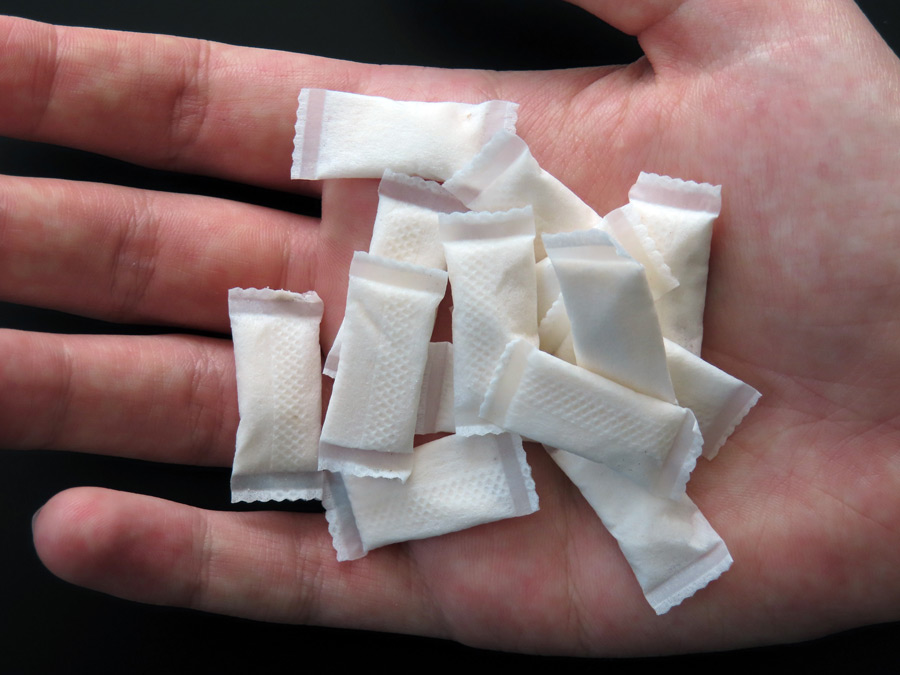 In the evolving landscape of nicotine consumption, nicotine pouches are emerging as a popular alternative to traditional smoking. This post explores the differences between nicotine pouches and traditional cigarettes, focusing on their health implications, cost-effectiveness, and how they fit into various lifestyles.
In the evolving landscape of nicotine consumption, nicotine pouches are emerging as a popular alternative to traditional smoking. This post explores the differences between nicotine pouches and traditional cigarettes, focusing on their health implications, cost-effectiveness, and how they fit into various lifestyles.
Understanding Nicotine Pouches and Traditional Smoking
Nicotine Pouches: These are small, white pouches that contain nicotine, flavorings, and other additives, but no tobacco leaf. Users place them between their gum and lip, where nicotine is absorbed through the oral mucosa.
Traditional Smoking: This involves the burning of tobacco, which releases nicotine that is inhaled into the lungs. It’s known for its significant health risks due to the combustion process and the harmful chemicals released.
Health Comparisons
1. Risk of Disease:
- Traditional Smoking: It is well-documented that smoking is linked to a range of serious health issues, including lung cancer, heart disease, stroke, and chronic respiratory conditions. The combustion of tobacco generates numerous carcinogens and toxicants.
- Nicotine Pouches: They do not involve combustion, tar, or carbon monoxide, and thus do not carry many of the smoking-associated risks. However, they still deliver nicotine, which can affect cardiovascular health and is addictive.
2. Impact on Lung Health:
- Traditional Smoking: Smoking significantly harms lung function and is the leading cause of lung cancer and chronic obstructive pulmonary disease (COPD).
- Nicotine Pouches: Being smoke-free, they do not affect lung health in the same way that smoking does, representing a safer alternative for the lungs.
3. Overall Safety:
- While neither product is safe, nicotine pouches are generally considered less harmful than traditional cigarettes due to the absence of smoke inhalation. However, the long-term effects of nicotine pouches are still under investigation.
Cost Comparisons
1. Price of Products:
- Traditional Smoking: The cost of smoking can be quite high, especially in countries with heavy taxes on tobacco products. The average smoker may spend thousands per year on cigarettes.
- Nicotine Pouches: Typically, nicotine pouches can be cheaper in the long run, though initial costs and usage patterns can vary. Prices may be influenced by brand, market, and local taxes.
2. Healthcare Costs:
- Traditional Smoking: Smokers are more likely to incur higher healthcare costs over their lifetimes, due to smoking-related diseases.
- Nicotine Pouches: While potentially less damaging, the cost implications of long-term health effects from nicotine pouches remain uncertain.
Lifestyle Comparisons
1. Social Acceptance:
- Traditional Smoking: Smoking is increasingly frowned upon or restricted in public places, affecting social interactions.
- Nicotine Pouches: They are generally more discreet and socially acceptable, as they produce no smoke or odor.
2. Convenience:
- Traditional Smoking: Requires stepping out for a smoke, carrying a lighter, and dealing with ash and cigarette butts.
- Nicotine Pouches: Can be used almost anywhere without preparation or cleanup, offering greater convenience.
3. Withdrawal and Dependency:
- Both methods deliver nicotine, which can lead to dependency and withdrawal symptoms. However, the control over dosage with nicotine pouches can potentially aid in gradual cessation efforts.
Conclusion
While nicotine pouches offer a number of advantages over traditional smoking in terms of health, cost, and lifestyle, it is essential to recognize that they are not without risks, primarily due to their nicotine content. Both smokers and non-smokers should consider these factors carefully. For smokers looking for an alternative, nicotine pouches could be a viable option, but the ultimate goal should be to quit nicotine use altogether for optimal health.

